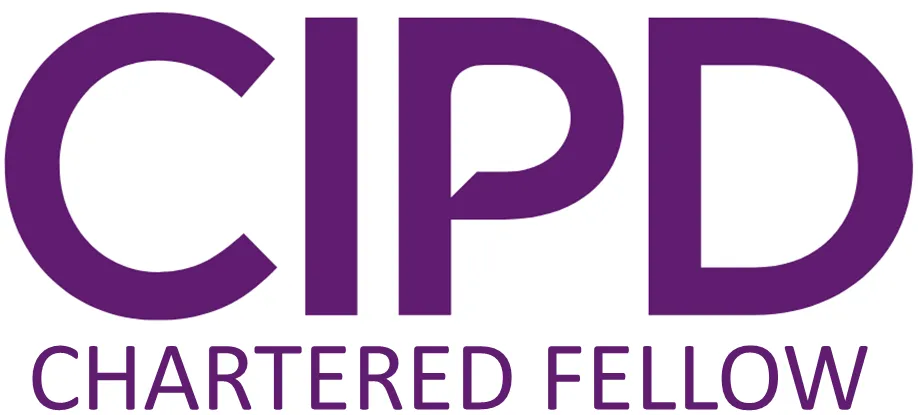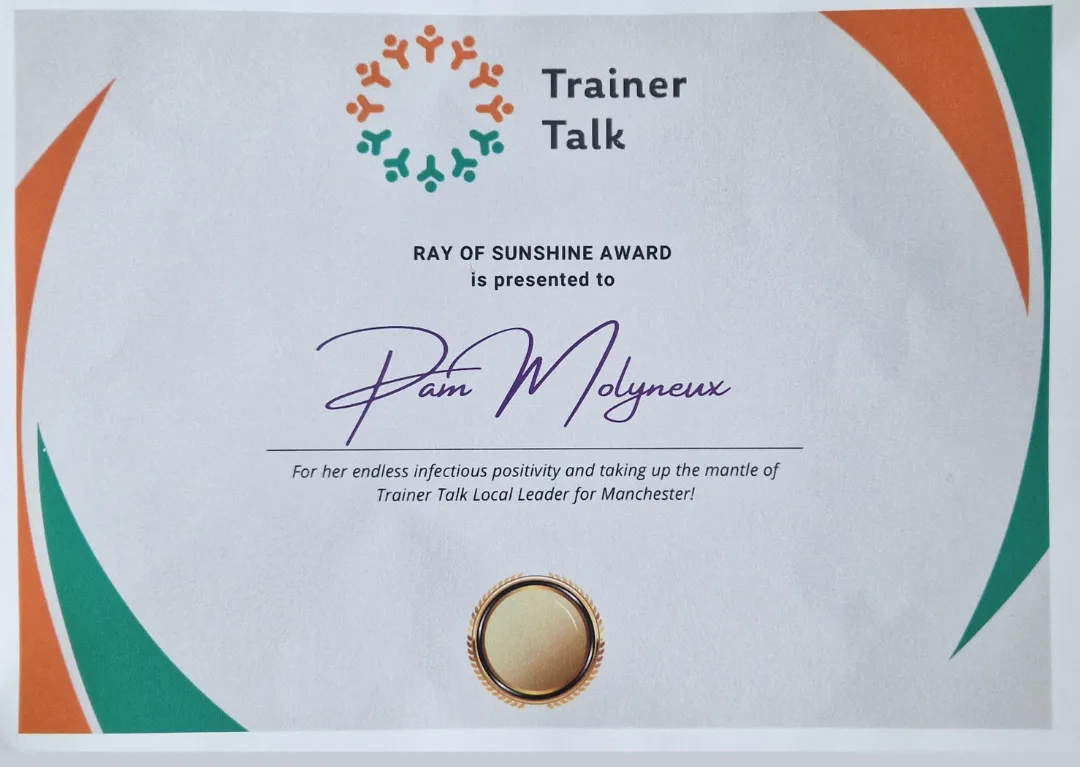Read Our Latest Blogs

CASE LAW FOR CONSIDERATION APRIL 2024
SUMMARY
The presence of some degree of control and the requirement for personal service does not automatically mean the relationship is an employment one, nor is it always indicative of worker or employee status.
LAW
The case involved the question of employment status. Section 230(3)(b) of the Employment Rights Act 1996 (ERA) sets out the test to be applied to determine whether an individual is a worker, sometimes referred to as a limb (b) worker, where there is not a clear contract of employment in place. Under this test, the worker undertakes to perform the work personally for another, who is not a client or customer of any profession or business undertaking carried on by the individual.
In Bates van Winkelhof v. Clyde & Co LLP [2014], the three types of employment status were set out:
Employment law distinguishes between three types of people: those employed under a contract of employment; those self-employed people who are in business on their own account and undertake work for their clients or customers; and an intermediate class of workers who are self-employed but do not fall within the second class.
In Uber BV v. Aslam [2021] UKSC 5 the Supreme Court had to consider the above section, and it established that there are three elements to this test:
(1) a contract whereby an individual undertakes to perform work or services for the other party;
(2) an undertaking to do the work or perform the services personally; and
(3) a requirement that the other party to the contract is not a client or customer of any profession or business undertaking carried on by the individual.
FACTS
The claimant was a writer who had been contracted to provide text, under a pseudonym, for a series of books published and packaged by the respondents. As part of those contracts, the claimant also participated in promotional tours for the books to which they had contributed.
The claimant had a ‘professional’ twitter (now ‘X’) account. During the course of the contract, the claimant ‘tweeted’ support for a fellow author who had expressed their views on gender/biological sex based issues, agreeing with their position. As a result, the respondent terminated the contract with the claimant on the basis that they have breached it. In response, the claimant brought claims against the respondent including discrimination. Whether or not the claimant could proceed with these claims was dependent on whether they had worker status.
EMPLOYMENT TRIBUNAL (ET)
Fundamental to this case was the determination of the claimant’s employment status, as if they were found not to be a worker, then the discrimination provisions under the Equality Act 2010 on which they were seeking to rely would not be applicable.
The ET dismissed the claim on the basis that the claimant was neither an employee nor a worker under the relevant legislation. As a result, the claim for discrimination could not go forwards and the claim did not succeed.
The claimant appealed, arguing that ET had erred in not finding that they had worker status.
EMPLOYMENT APPEAL TRIBUNAL (EAT)
Before the EAT, the claimant argued that the ET had failed to recognise the importance of the requirement of personal service in the contract between them and the respondents, and the fact that there was not a right of substitution as is usually seen in a self-employed contractual relationship. The claimant also alleged that the degree of control exerted over them by the respondent, and the degree of their integration into the organisation, further showed their worker status. Essentially, the argument was that the ET had failed to give sufficient weight to various elements of the statutory status test and as a result the conclusion it came to was incorrect.
The EAT set out the test under section 230(3)(b) which the ET was required to apply to determine status:
whether there is a relevant contract,
whether, under that contract, the claimant provides services personally,
whether the claimant carries on a profession or business undertaking and
whether the respondent is a client or customer of such profession or business undertaking.
Before the ET, it was decided that there was a contract and that the claimant provided services personally under that contract. The EAT confirmed that the ET had applied this test correctly, but it was clear that personal service is not conclusive of worker status, but merely a factor to be considered against the whole of the evidence available. With regard to control, which is typically exerted by an employer on a worker, the EAT was clear that control itself is not the test for status, but instead a tool to help in applying it. Taken in the context of the wider situation, the control exerted by the respondent in this case did not indicate worker status. One factor that did indicate that the claimant was carrying on a profession or undertaking was their use of a literary agent, and that alongside other factors suggested the degree of control exerted over the claimant by the respondent was less than alleged.
Dismissing the appeal, it was held that the ET had correctly identified and applied the appropriate legal test, had not taken into consideration any irrelevant considerations nor failed to take into account any relevant considerations. The appeal was therefore rejected: the claimant was not a worker.
Considerations for employers
This case helps to add clarity to the legal position of non-traditional employment relationships that have become increasingly common. Due to the nature of the work to be undertaken, in creative industries such as publishing there will be some more unorthodox arrangements that do not fit the usual mould of a non-employment relationship. In such cases it is especially important to appreciate that each case is unique on its own facts. Tools such as control are just that; tools to help the ET to determine the overall nature of the relationship, and the presence or absence of this alone is not conclusive either way.












